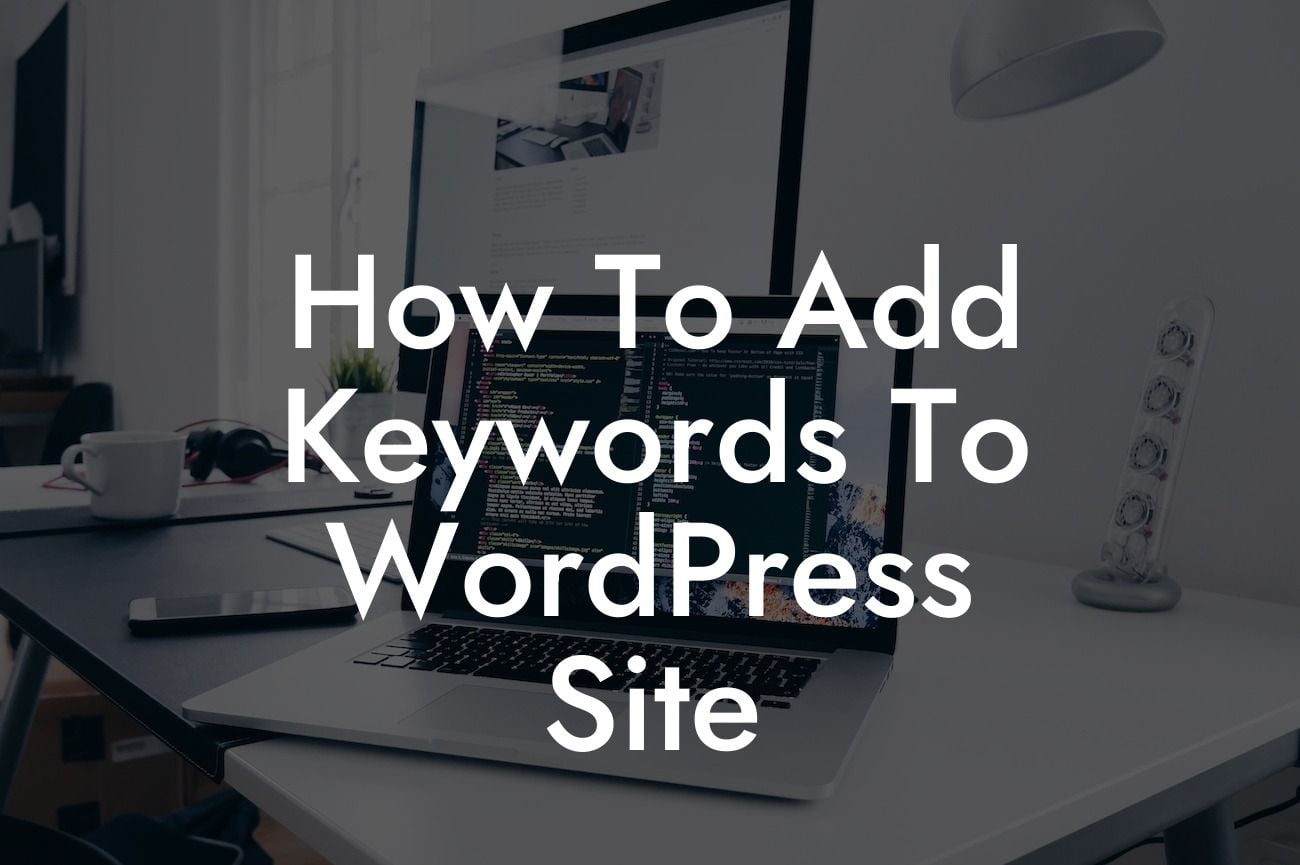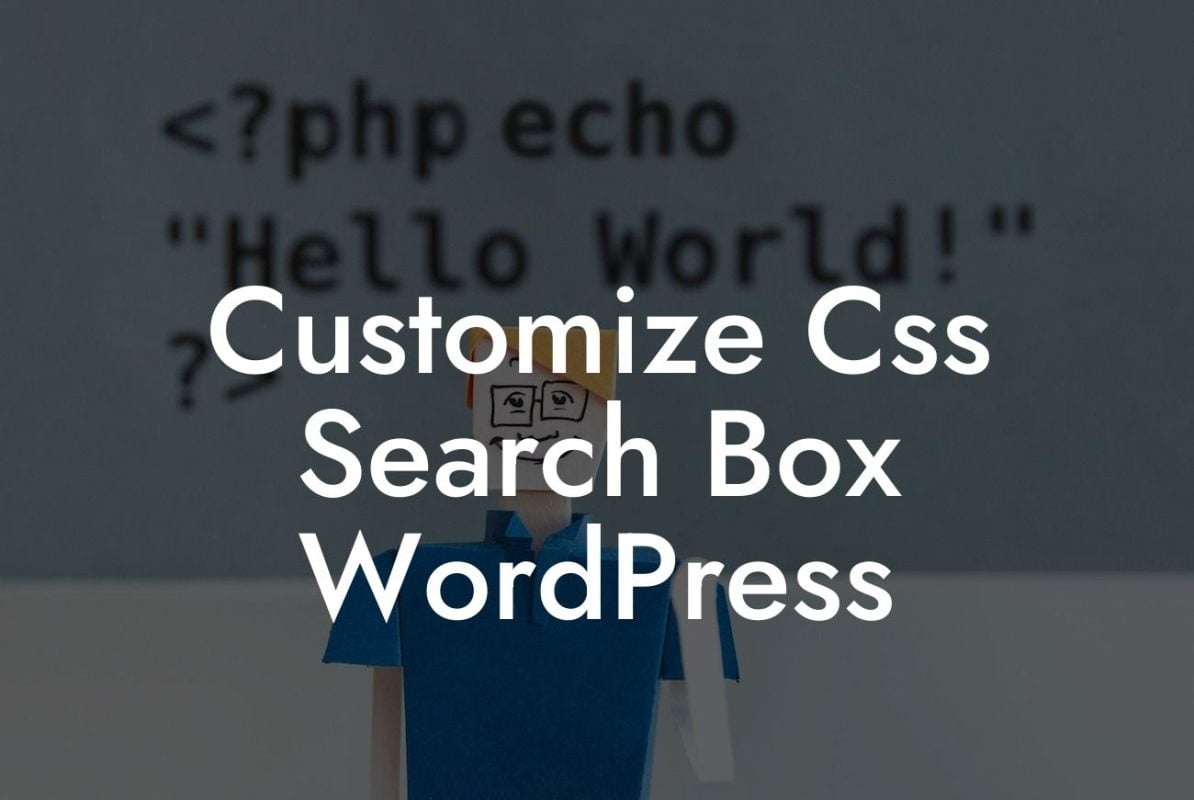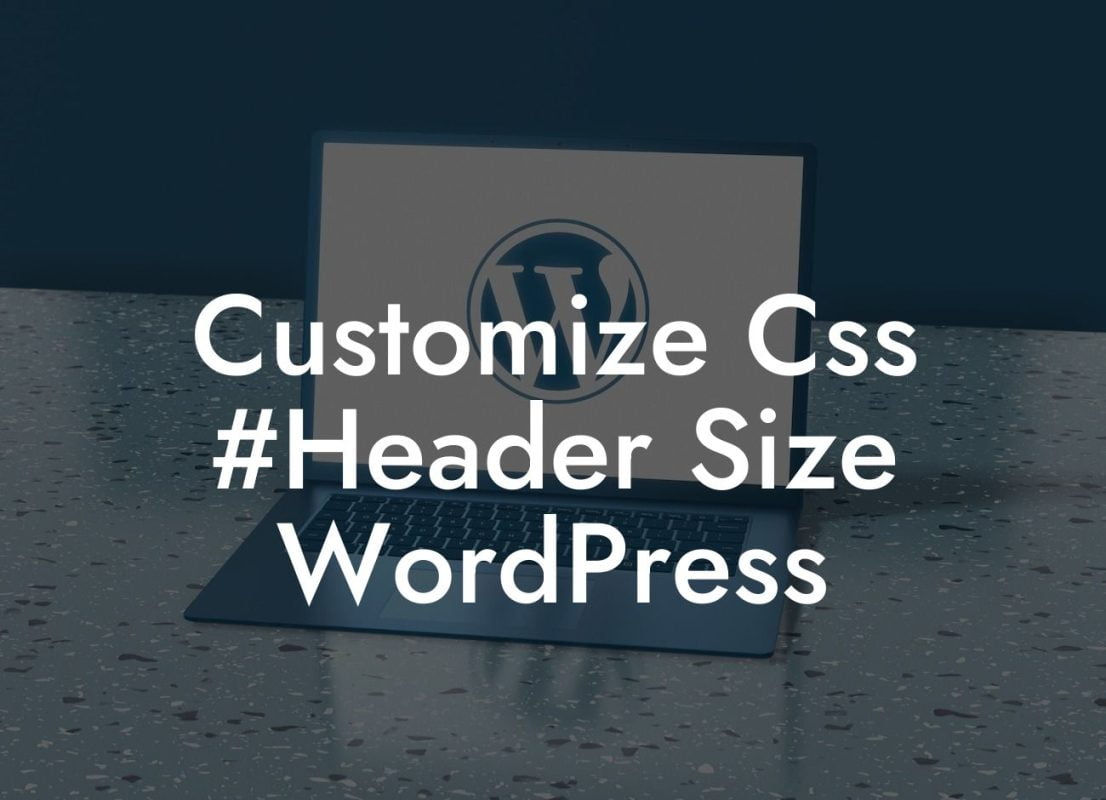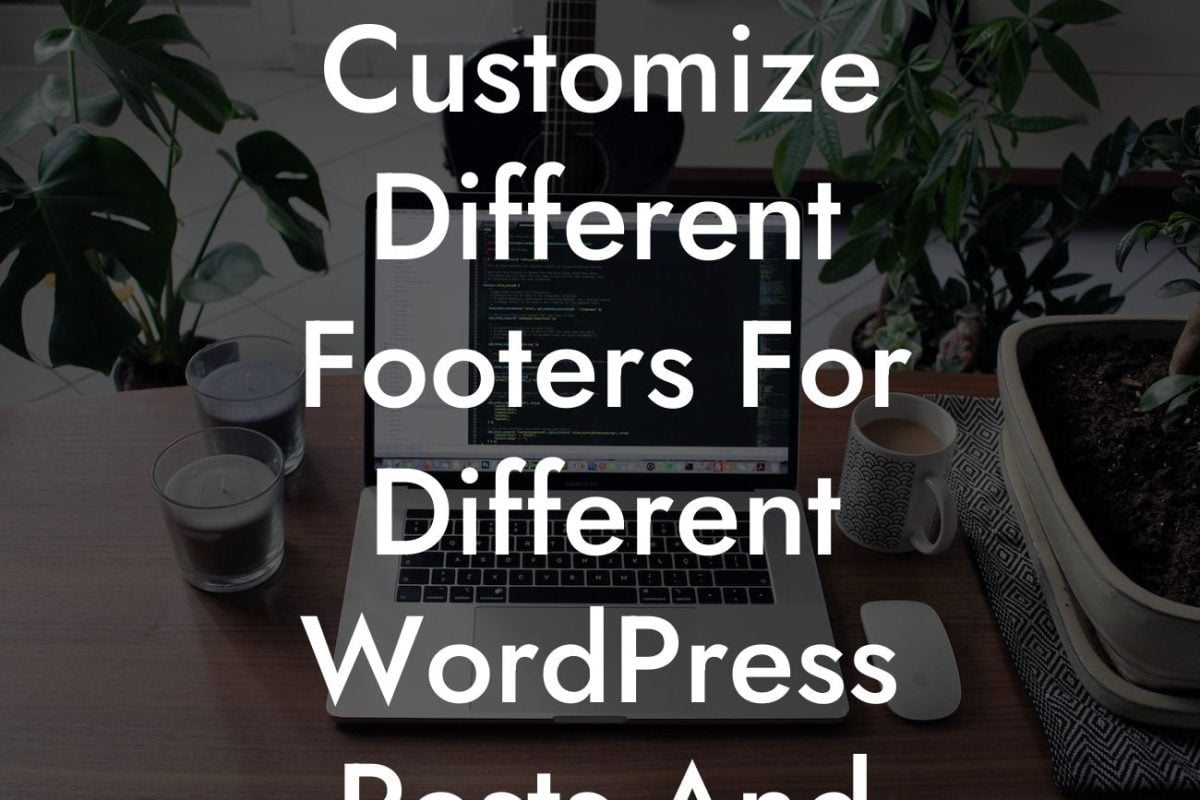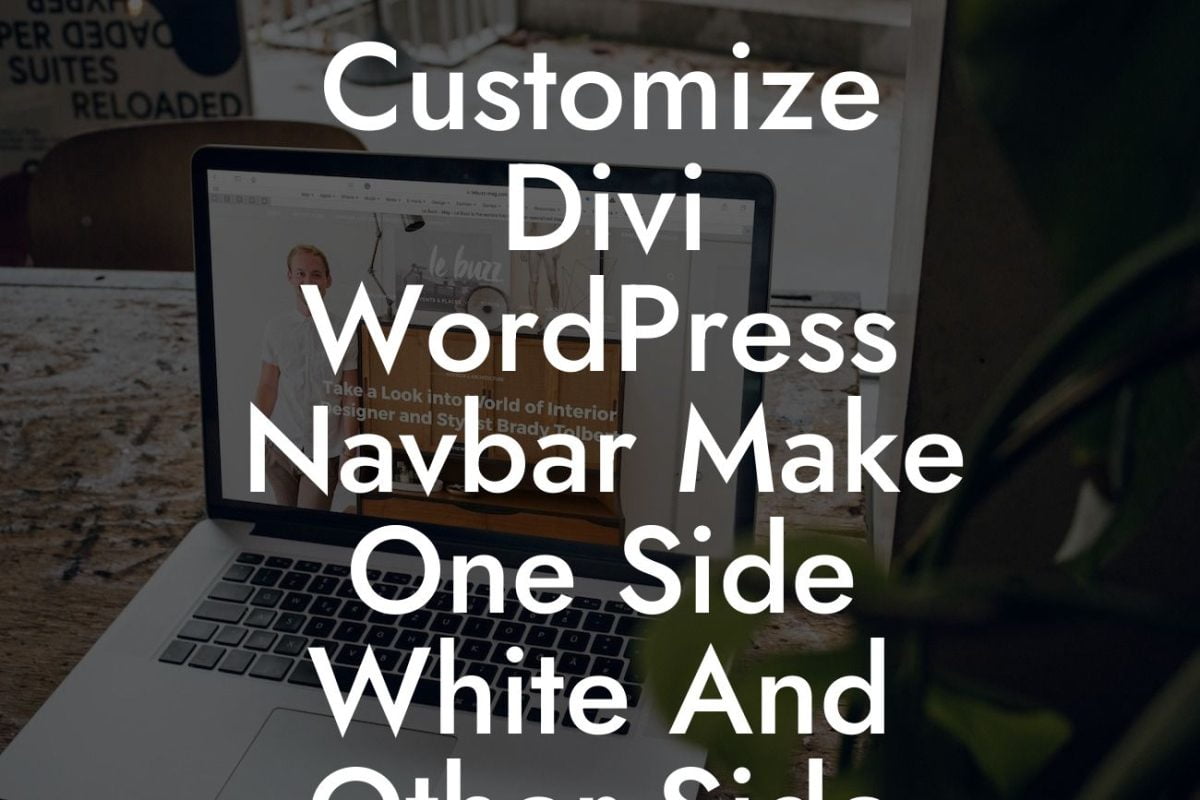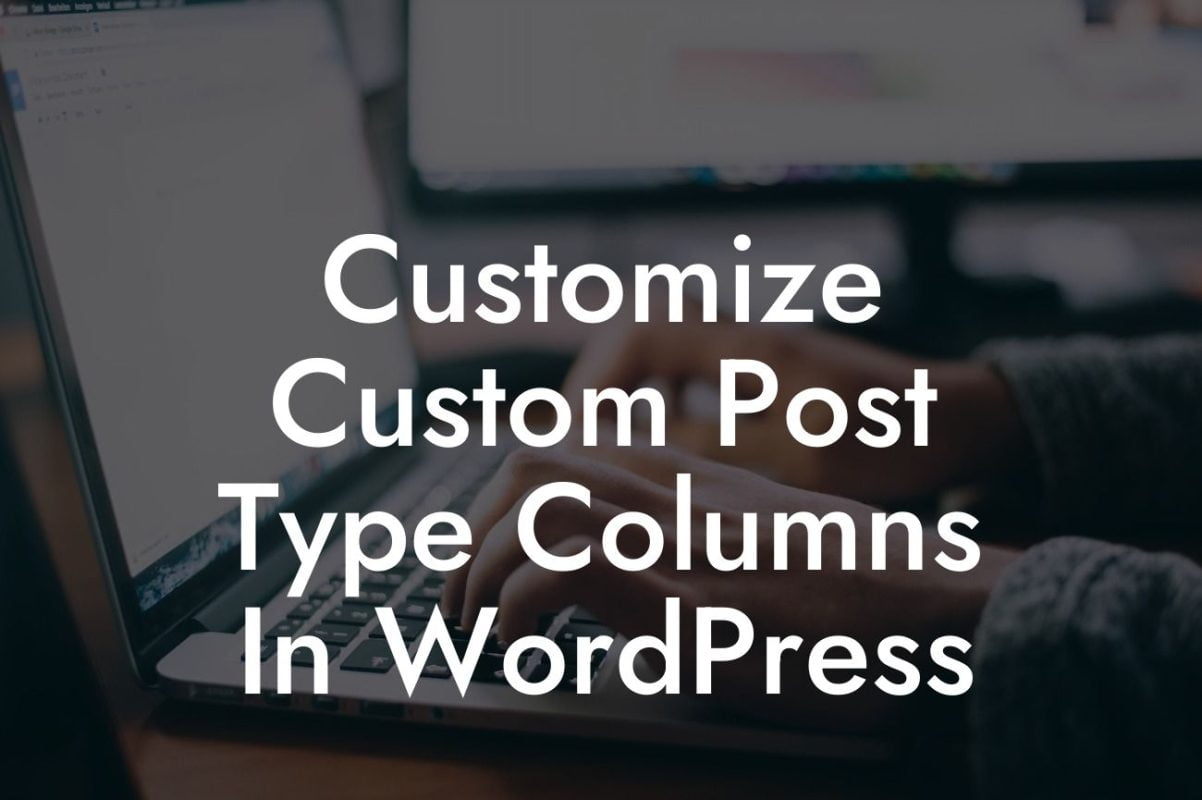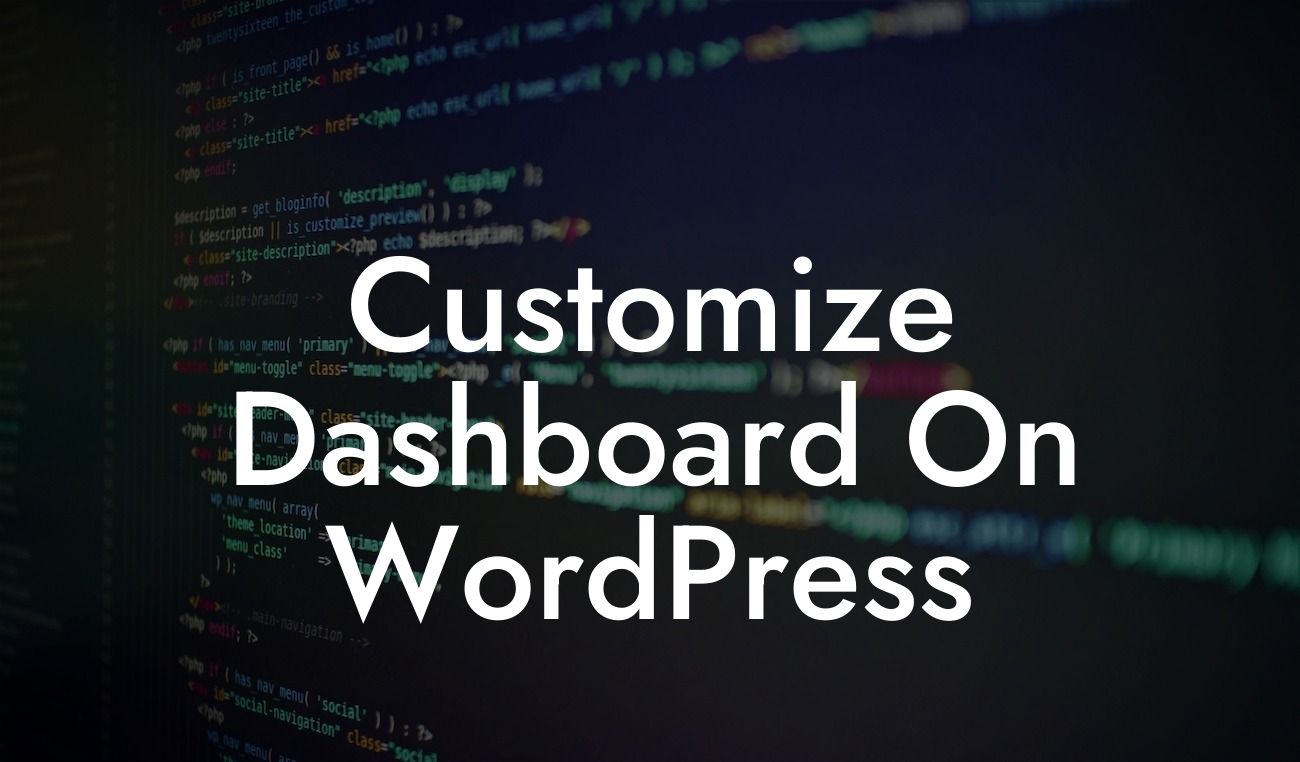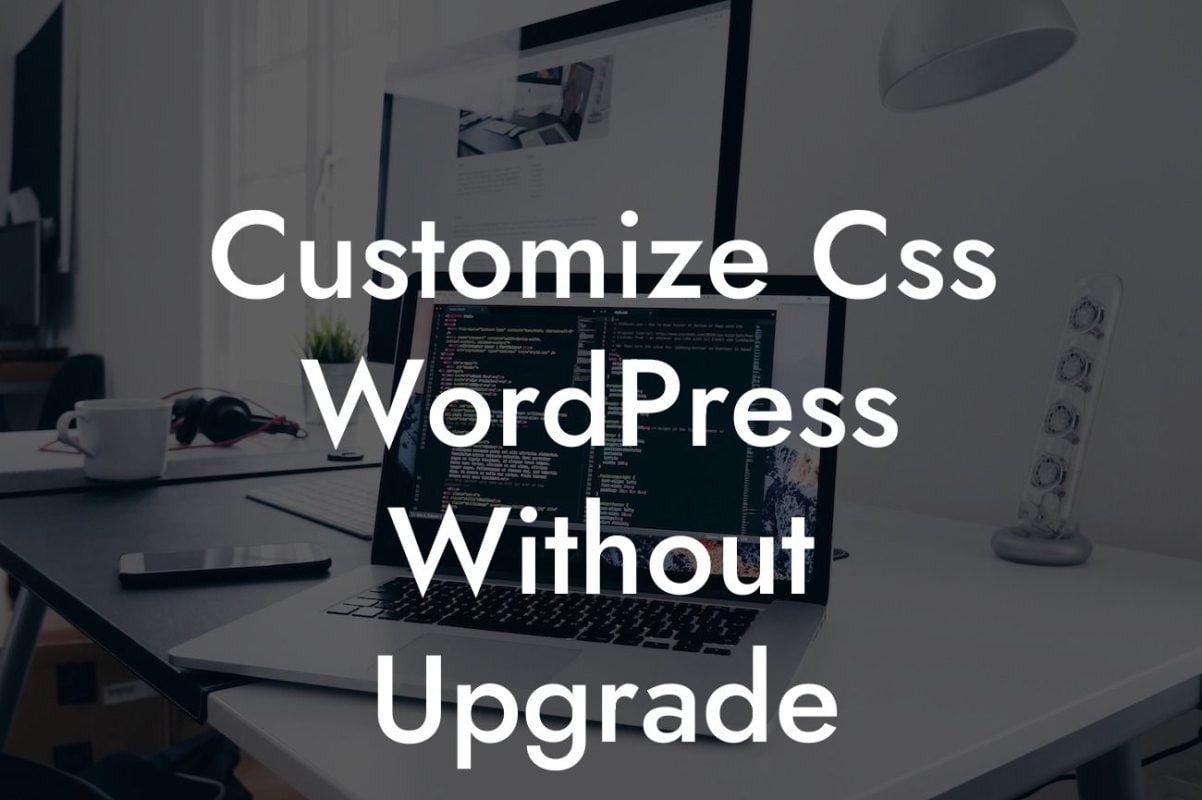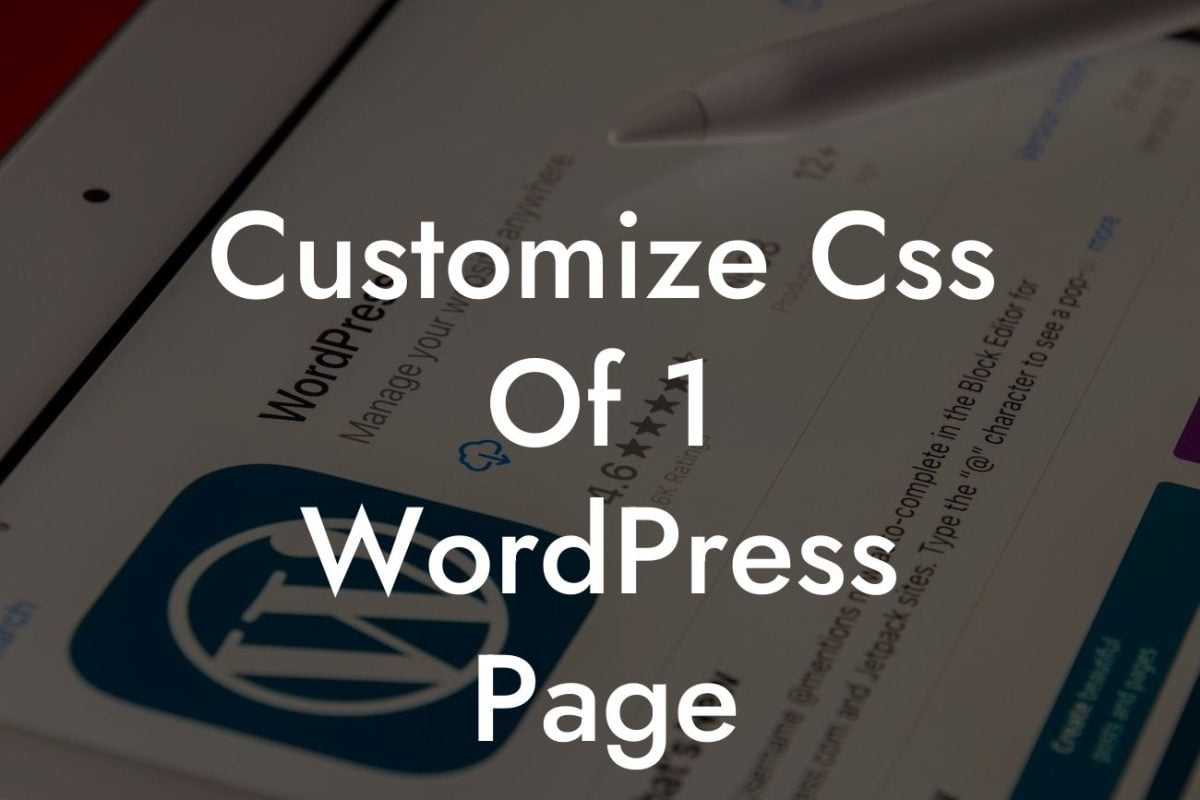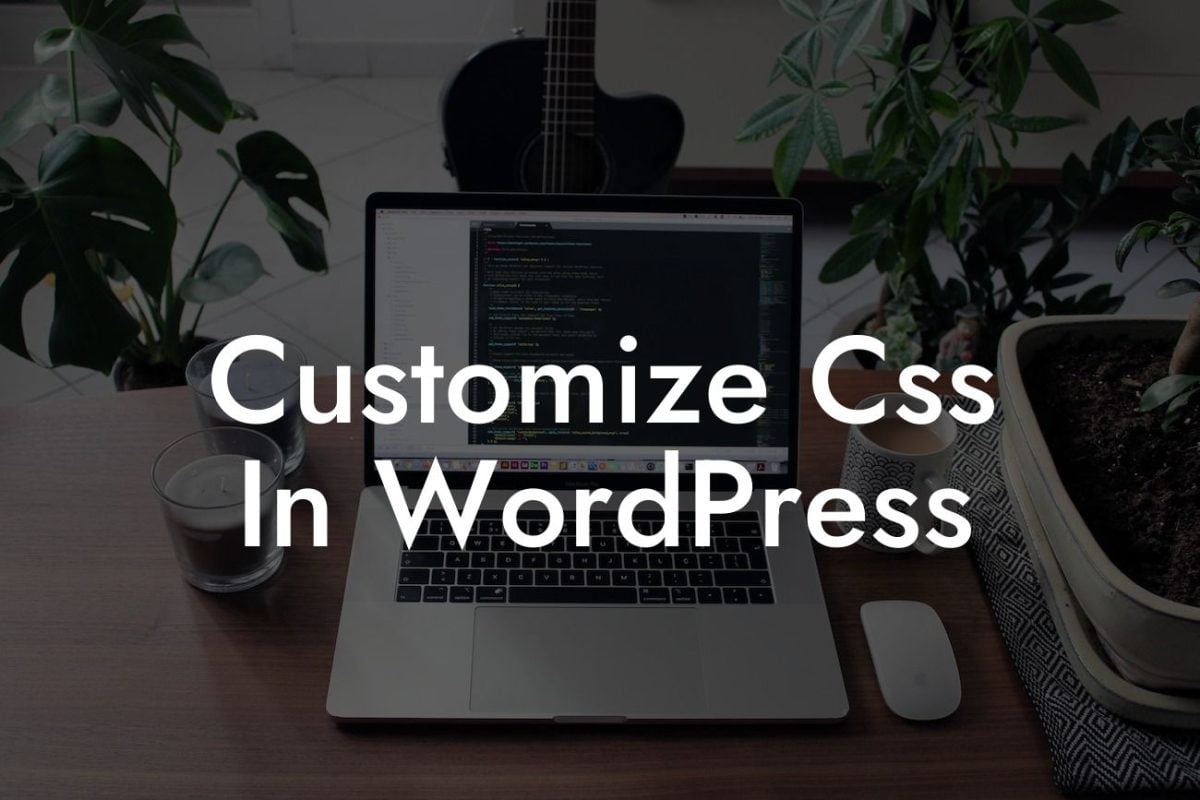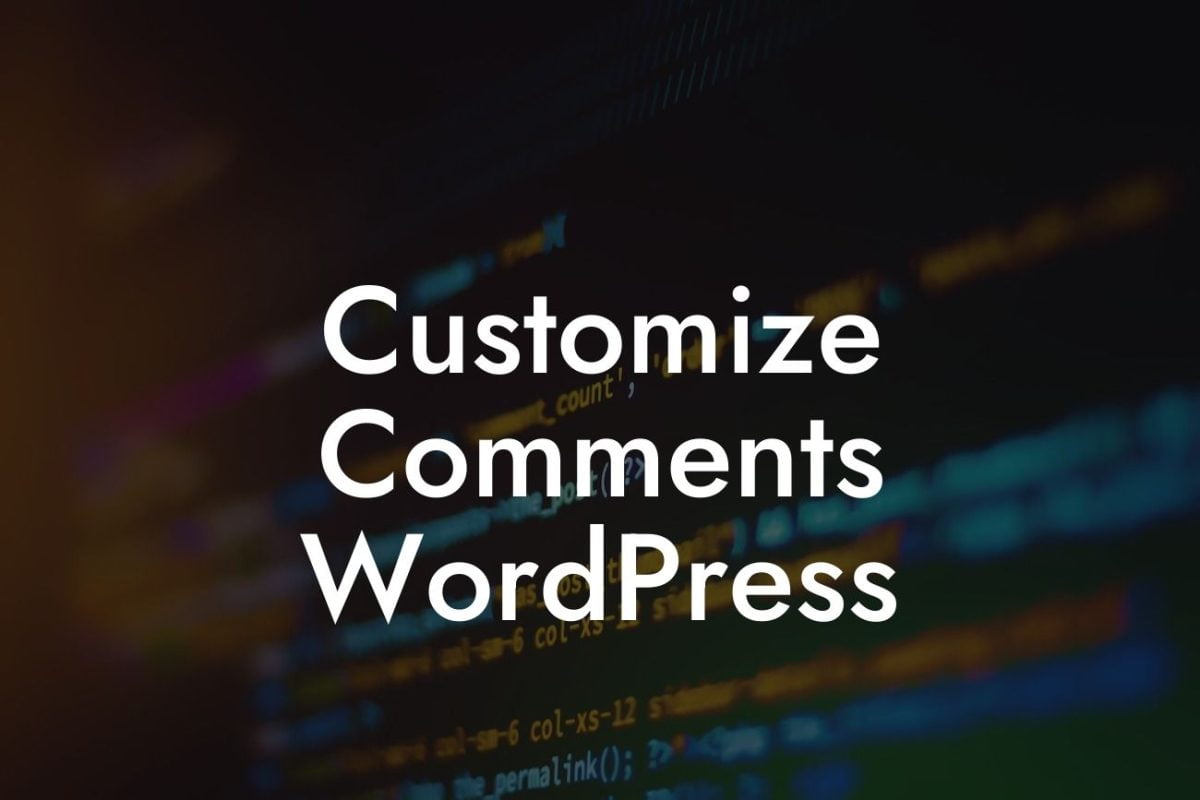Are you looking to improve your website's visibility and attract more organic traffic? One of the most crucial steps in optimizing your WordPress site is strategically adding keywords. By incorporating relevant keywords throughout your content, you can significantly enhance your search engine rankings and increase your online presence. In this comprehensive guide, we will walk you through the step-by-step process of adding keywords to your WordPress site, with valuable tips and real-life examples to supercharge your success.
Adding keywords to your WordPress site can be done in various ways. Let's delve into the most effective methods that will skyrocket your search engine rankings:
1. Conducting Keyword Research:
Before adding keywords to your WordPress site, it's essential to conduct thorough keyword research. By identifying relevant keywords that your target audience uses, you can optimize your content accordingly. Utilize keyword research tools such as Google Keyword Planner or SEMrush to discover high-ranking and low-competition keywords that resonate with your business.
2. Optimizing Page Titles and Headings:
Looking For a Custom QuickBook Integration?
One of the best places to incorporate keywords is in your page titles and headings. Craft compelling and keyword-rich titles that accurately represent your content. Additionally, utilize H2 and H3 heading tags to structure your content and include relevant keywords. Incorporating keywords in these prominent positions helps search engines understand the context of your content.
3. Keyword Placement in Content:
Strategically placing keywords throughout your content makes it more visible to search engines. However, it's crucial to maintain a natural flow and avoid keyword stuffing, which can negatively impact your rankings. Include keywords in the first paragraph, subheadings, and sprinkled naturally throughout the content. This approach ensures search engines recognize your content's relevance without compromising readability.
4. Optimizing URLs and Meta Tags:
Another essential aspect of adding keywords is optimizing your URLs and meta tags. Customize your URL slugs to include relevant keywords that clearly indicate the content's topic. Additionally, craft compelling meta tags, including
How To Add Keywords To Wordpress Site Example:
Suppose you are a small business owner providing web design services. Let's say you want to optimize a blog post titled "Top Web Design Tips for Small Businesses." Your keyword research suggests that "web design tips" and "small business web design" are highly searched and low-competition keywords. Here's how you can incorporate these keywords effectively:
- Page Title: "Top Web Design Tips for Small Businesses - Boost Your Online Presence"
- Subheading: "Essential Small Business Web Design Tips"
- Content: Natural inclusion of "web design tips" and "small business web design" throughout the article, ensuring a seamless reading experience.
- URL: www.examplewebsite.com/top-web-design-tips-small-business
-
Congratulations! You now possess the knowledge to effectively add keywords to your WordPress site and optimize your online presence. Unlock the power of DamnWoo's exceptional plugins to skyrocket your success even further. Don't forget to share this article with others and explore our other informative guides on DamnWoo. Take action now and watch your website attract more organic traffic than ever before.

